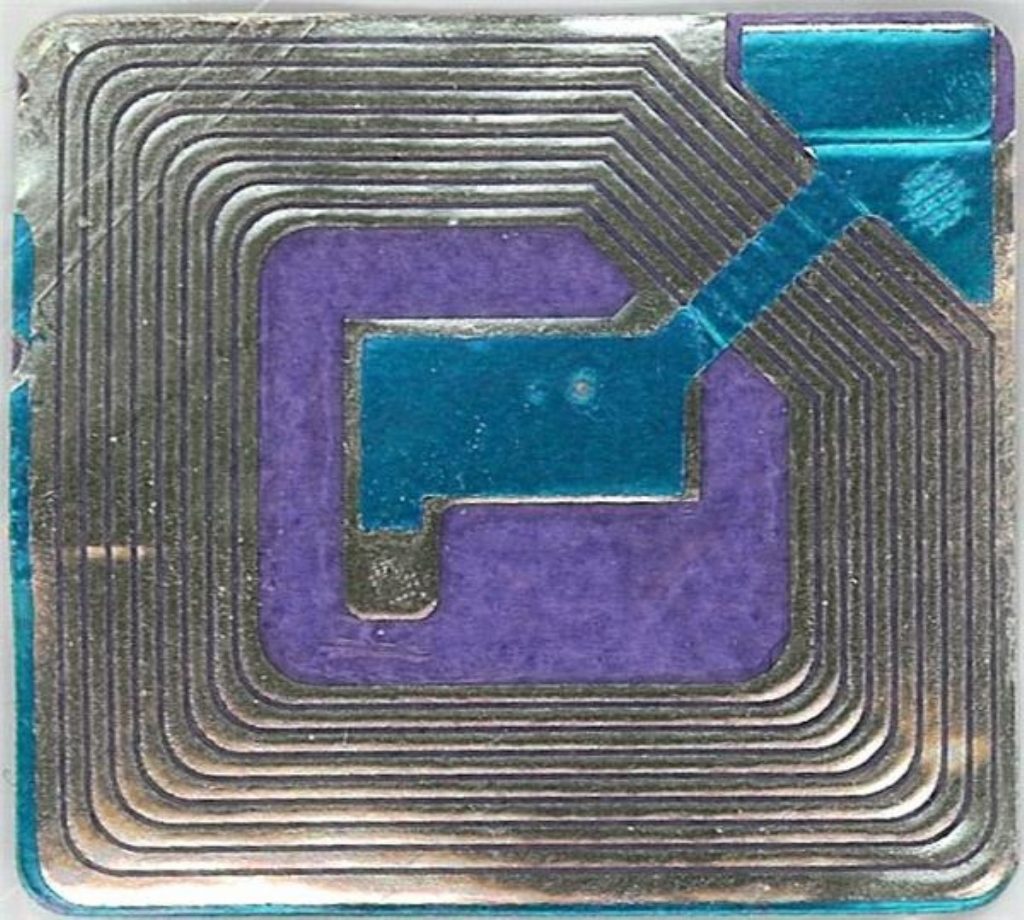Unions approve ID cards
Britain’s trade unions have accepted the government’s proposals for ID cards, opening the way for the plans to feature in Labour’s next election manifesto.
The decision came towards the end of the party’s National Policy Forum meeting in Warwick. Negotiations continued into the night, with delegates finally heading to bed around 05:00 BST.
The unions also accepted tough government reforms to welfare and efforts to build a new generation of nuclear power stations.
It is unclear quite what they have gained in return, despite the party’s reliance on them for 90 per cent of its funding.


Efforts to secure the right to sympathy strike – secondary pickets in locations or professions not directly connected to the original strike – were roundly rejected by Labour, with Gordon Brown saying he would not allow a “return to the 1970s”.
General agreement was reached on lowering the voting age from 18 to 16, a fully elected House of Lords and a reduction of the age at which minimum wage applies from 22 to 21.
The forum also agreed to extend the right to unpaid time off for parents dealing with their children’s issues up to the age of 16, allowing some to take help out when their children are doing GCSEs.
The Tories have framed the forum as an example of Mr Brown’s dangerous reliance on the unions due to his party’s financial difficulties.
Yesterday, shadow work and pensions secretary Chris Grayling said: “The trouble is that Gordon Brown is now vying for the title of Britain’s weakest ever prime minister and so he was never going to be able to resist all the union demands.”
The forum was overshadowed by speculation over the future of Mr Brown, with various ministerial and backbench sources casting doubt on his ability to continue after Thursday night’s disastrous vote in Glasgow East.









